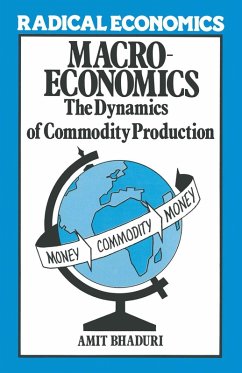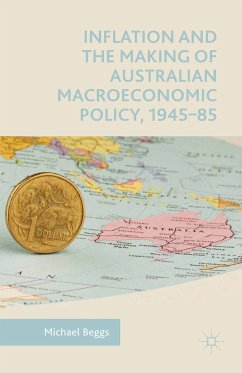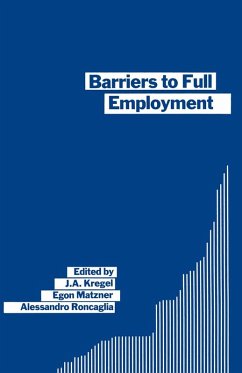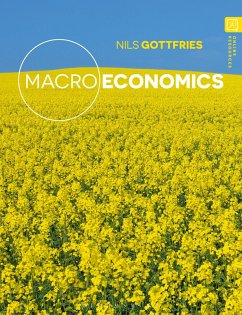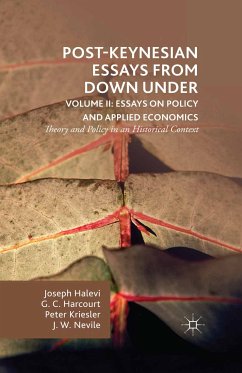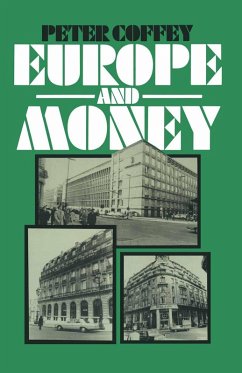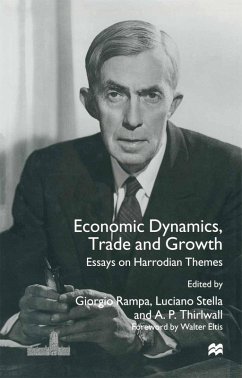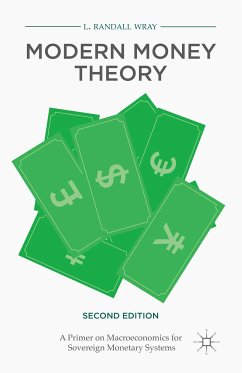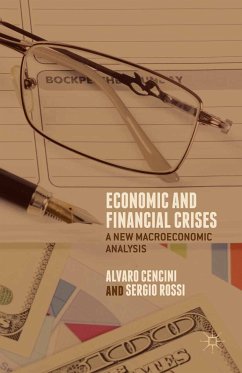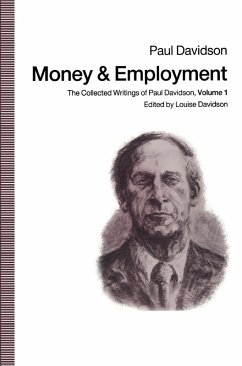
Money and Employment (eBook, PDF)
The Collected Writings of Paul Davidson, Volume 1
Redaktion: Davidson, Paul
Versandkostenfrei!
Sofort per Download lieferbar
40,95 €
inkl. MwSt.
Weitere Ausgaben:

PAYBACK Punkte
20 °P sammeln!
The first volume in a series of collected writings by Paul Davidson, this book covers such areas as money, finance, Keynes, monetarism and macroeconomic employment. The collected writings are also available as a complete set.
Dieser Download kann aus rechtlichen Gründen nur mit Rechnungsadresse in A, B, BG, CY, CZ, D, DK, EW, E, FIN, F, GR, HR, H, IRL, I, LT, L, LR, M, NL, PL, P, R, S, SLO, SK ausgeliefert werden.



